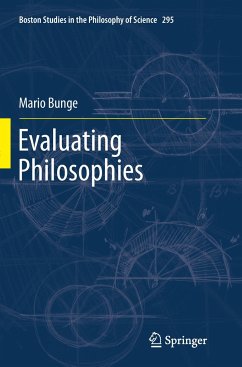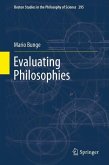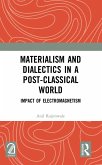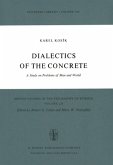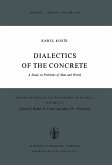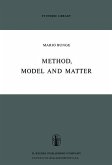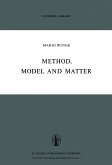The first part deals with philosophies that have had a significant input, positive or negative, on the search for truth; it suggests that scientific and technological are either stimulated or smothered by a philosophical matrix; and it outlines two ontological doctrines believed to have nurtured research in modern times: systemism (not to be mistaken for holism) and materialism (as an extension of physicalism). The second part discusses a few practical problems that are being actively discussed in the literature, from climatology and information science toeconomics and legal philosophy. This discussion is informed by the general principles analyzed in the first part of the book. Some of the conclusions are that standard economic theory is just as inadequate as Marxism; that law and order are weak without justice; and that the central equation of normative climatology is a tautology-which of course does not put climate change in doubt. The third and final part of the book tackles a set of key concepts, such as those of indicator, energy, and existence, that have been either taken for granted or neglected. For instance, it is argued that there is at least one existence predicate, and that it is unrelated to the so-called existential quantifier; that high level hypotheses cannot be put to the test unless conjoined with indicator hypotheses; and that induction cannot produce high level hypotheses because empirical data do not contain any transempirical concepts. Realism, materialism, and systemism are thus refined and vindicated.
Bitte wählen Sie Ihr Anliegen aus.
Rechnungen
Retourenschein anfordern
Bestellstatus
Storno

